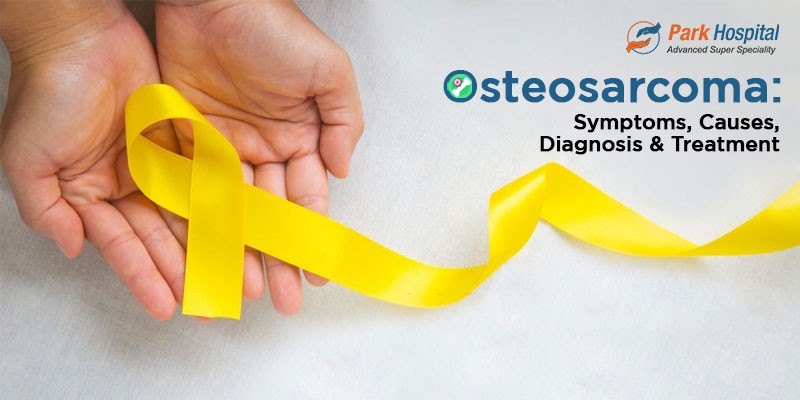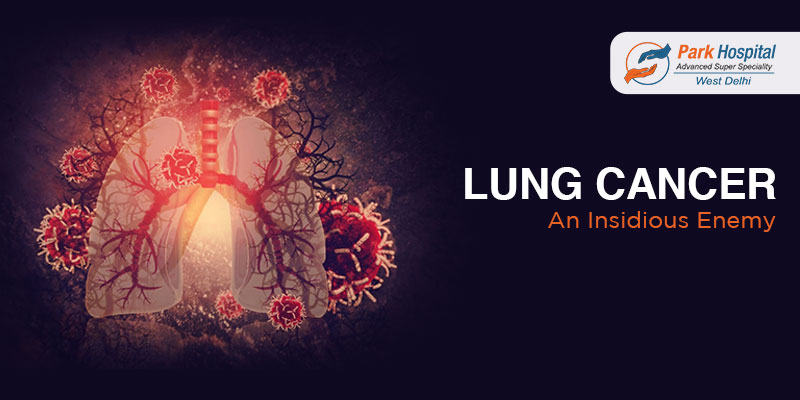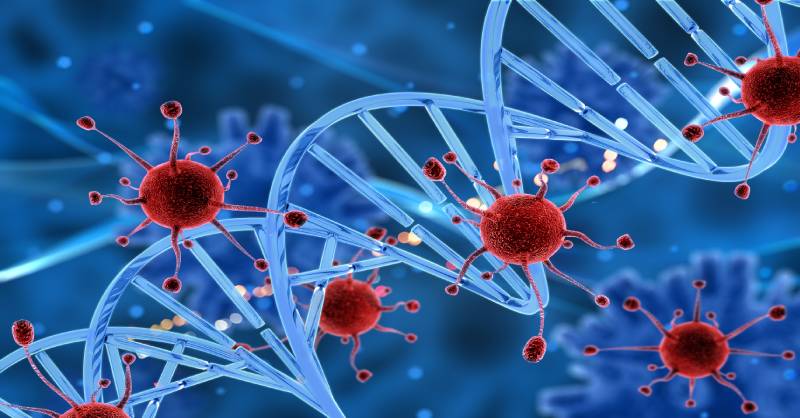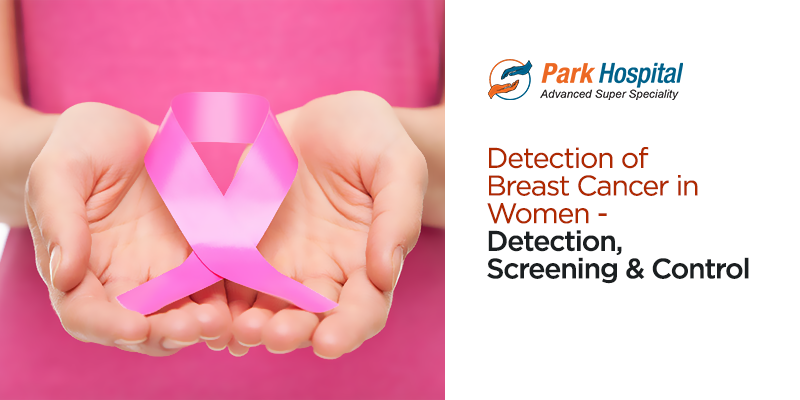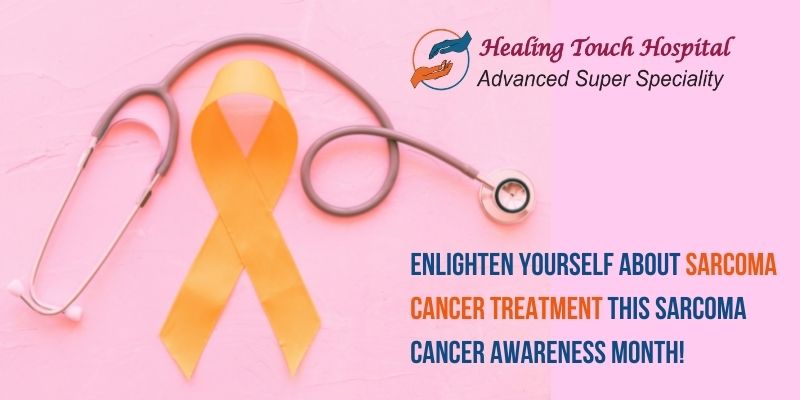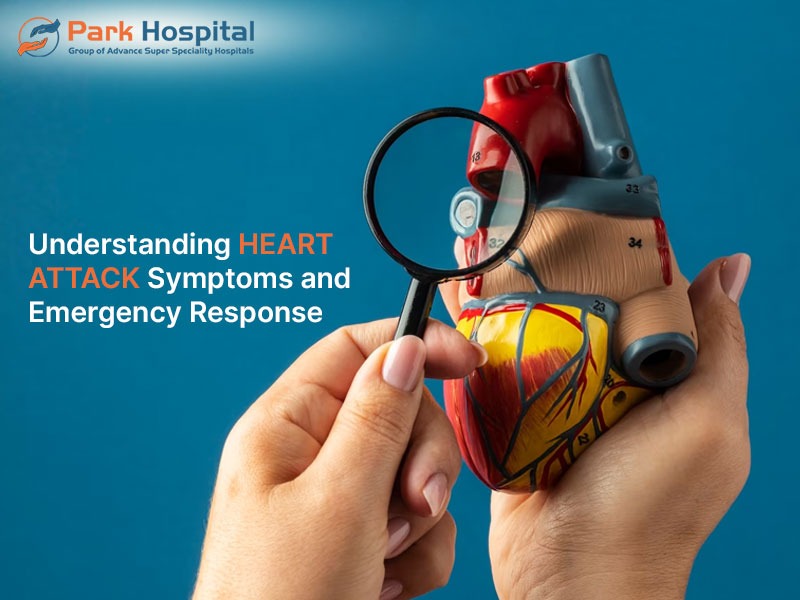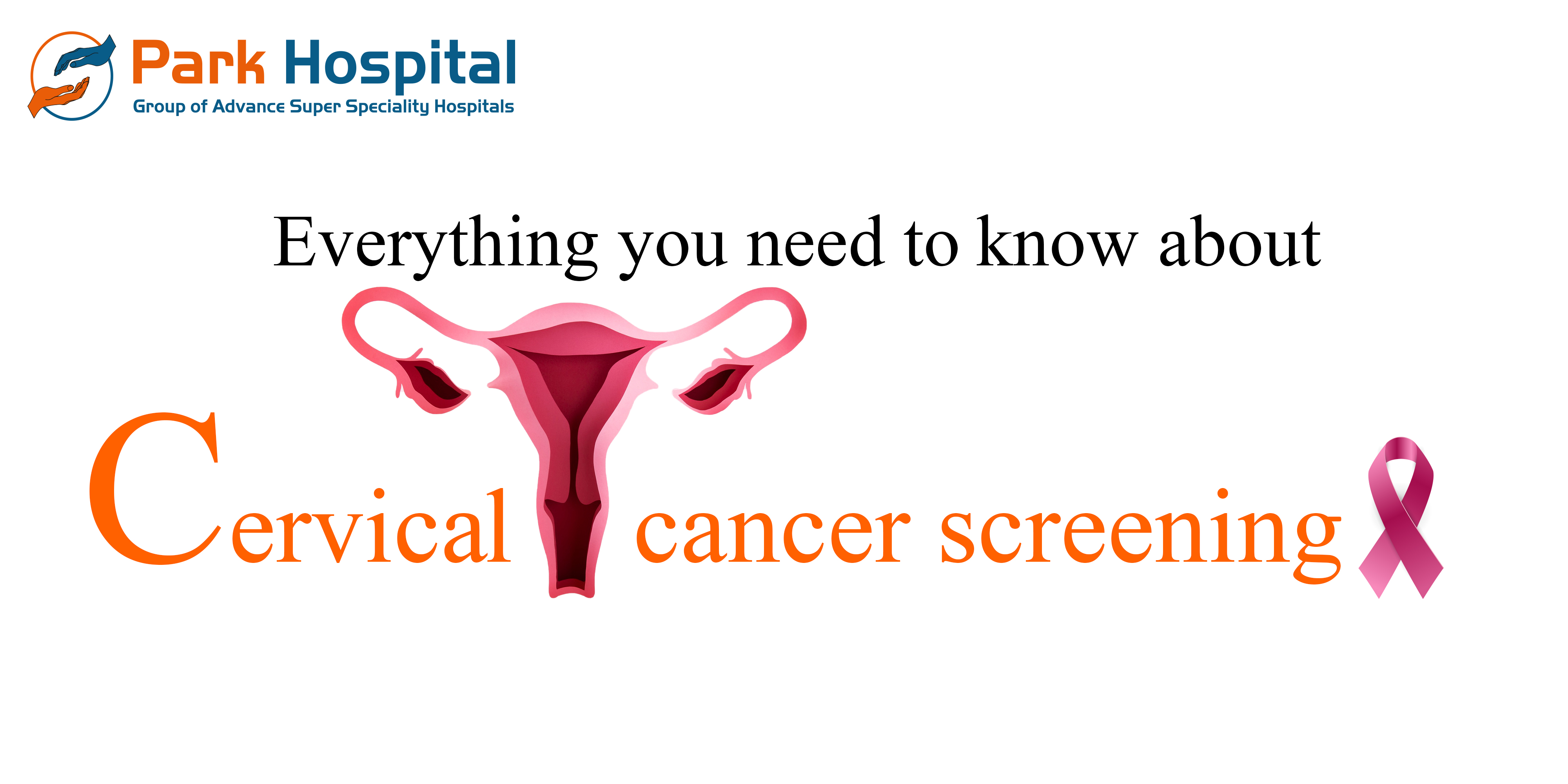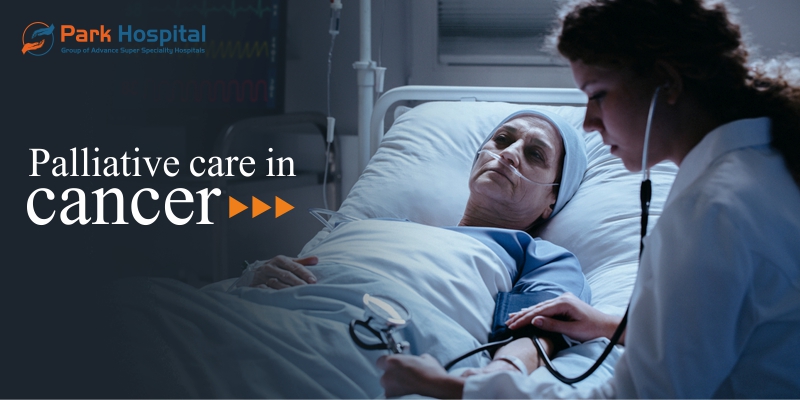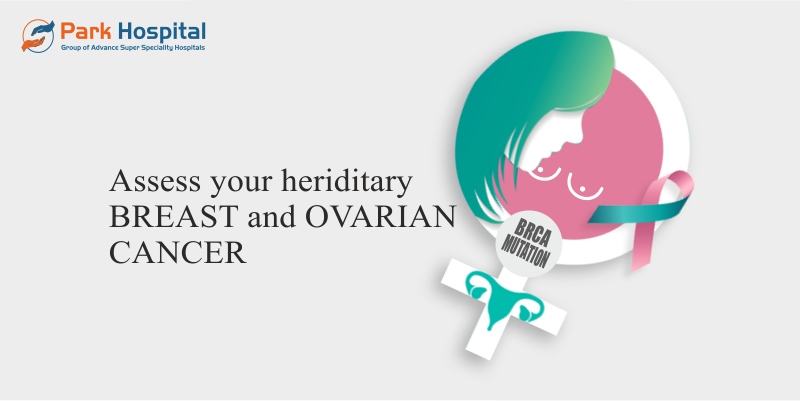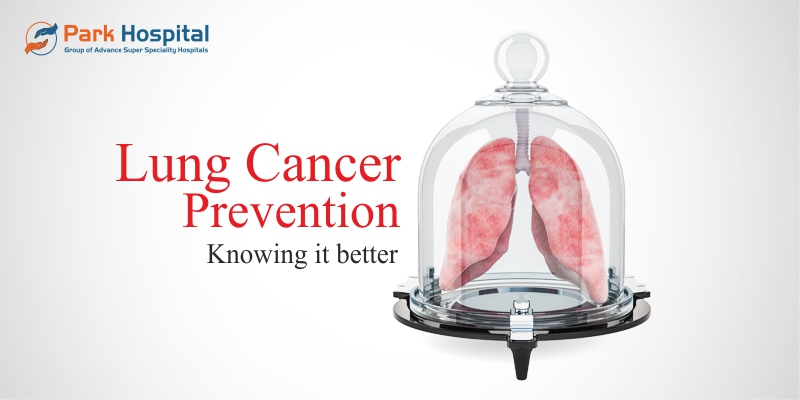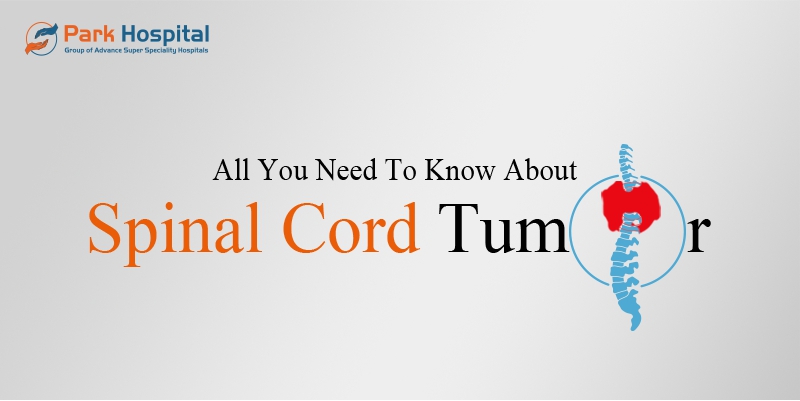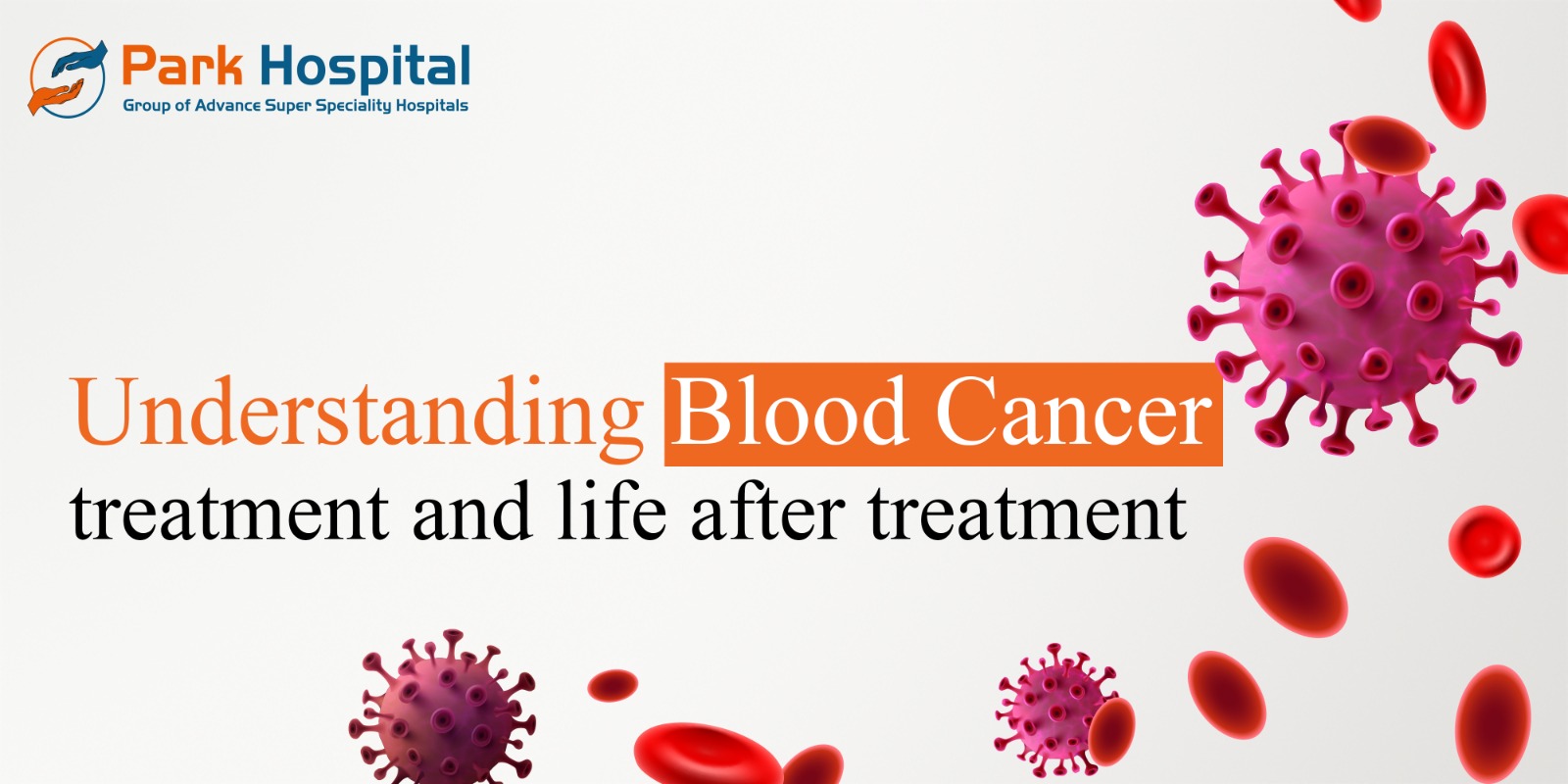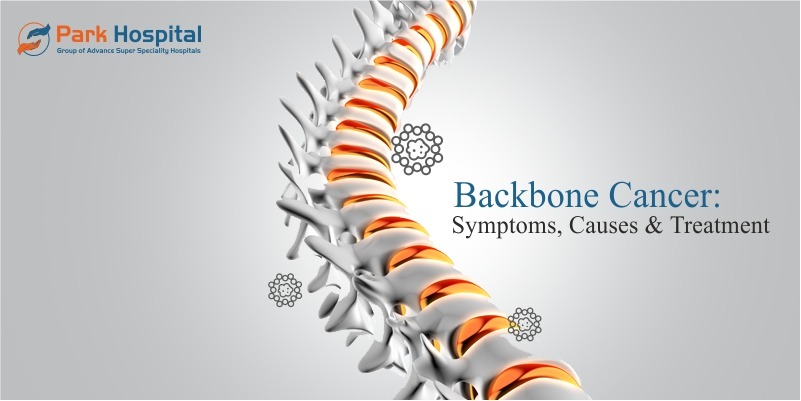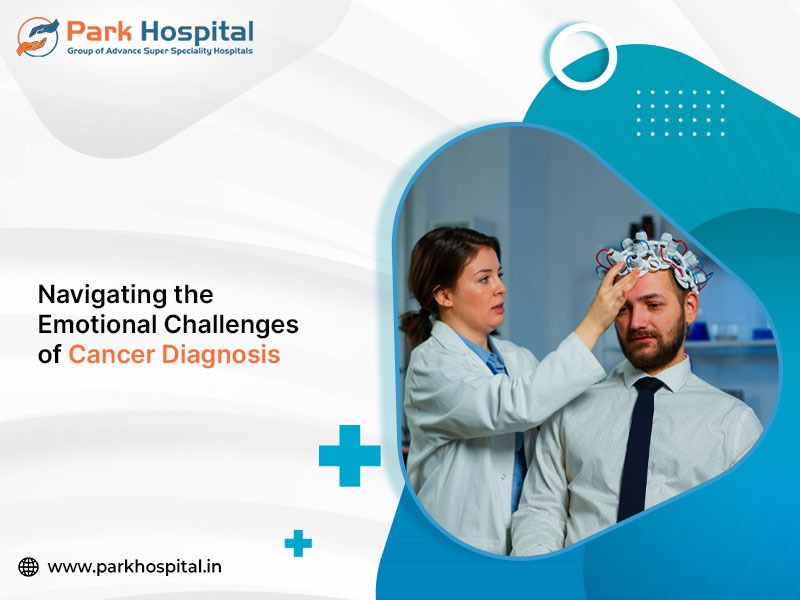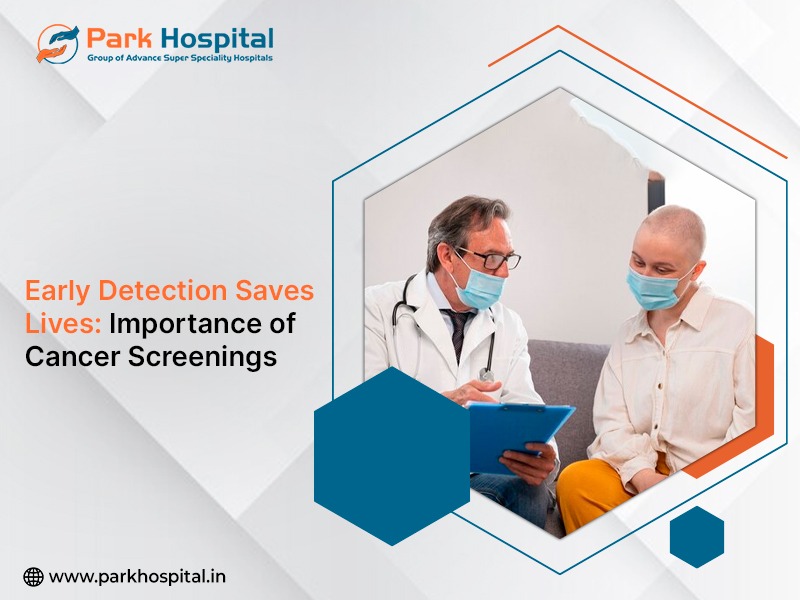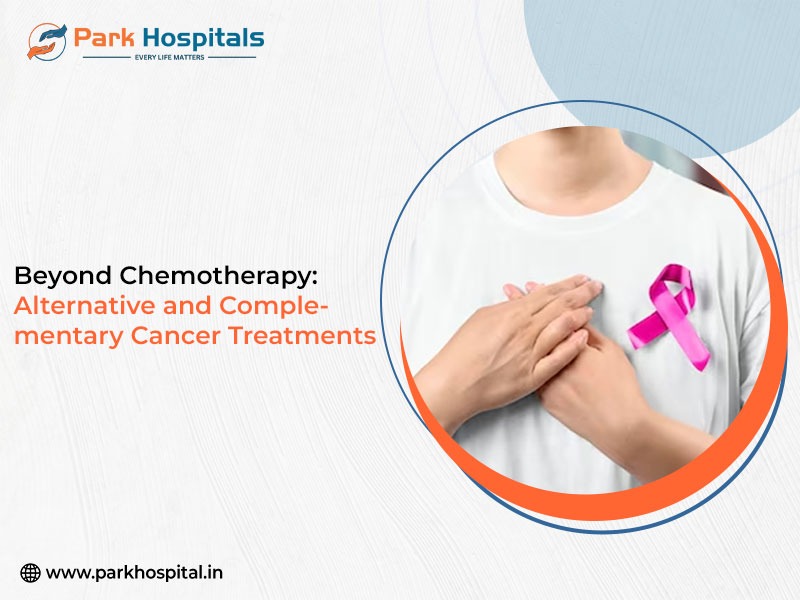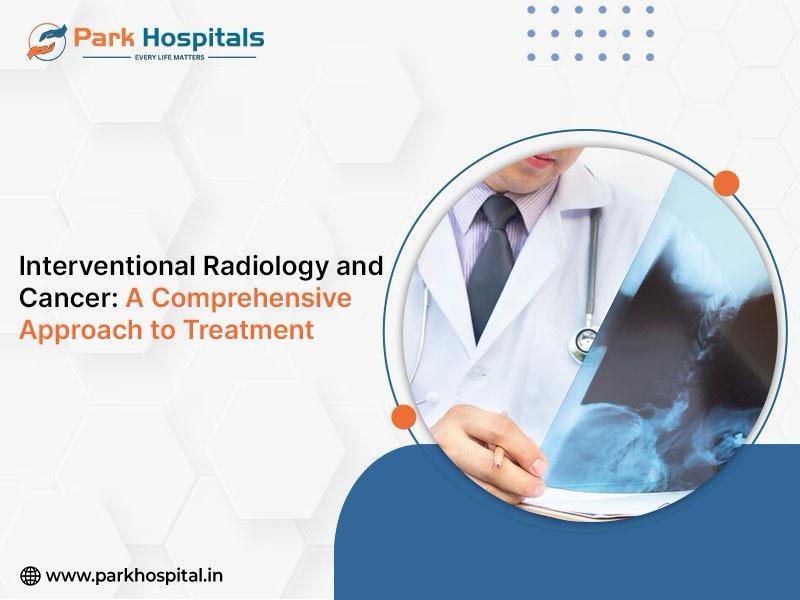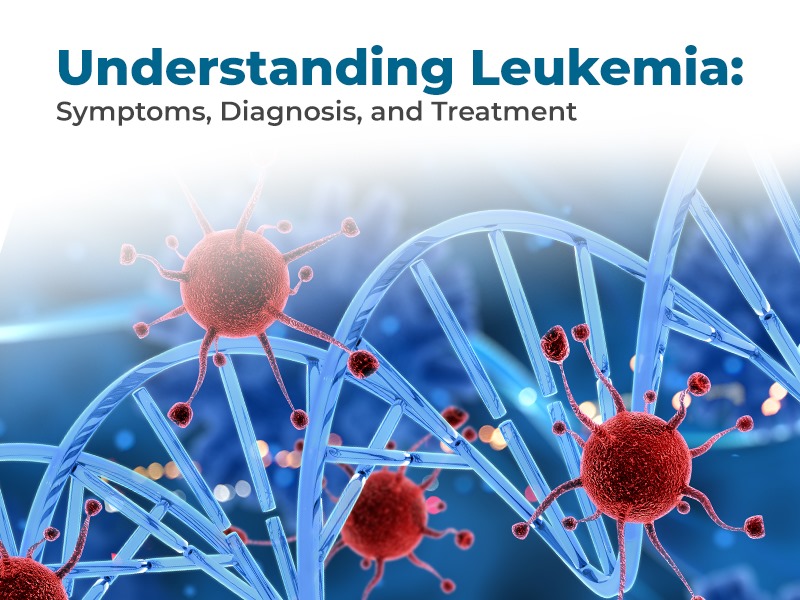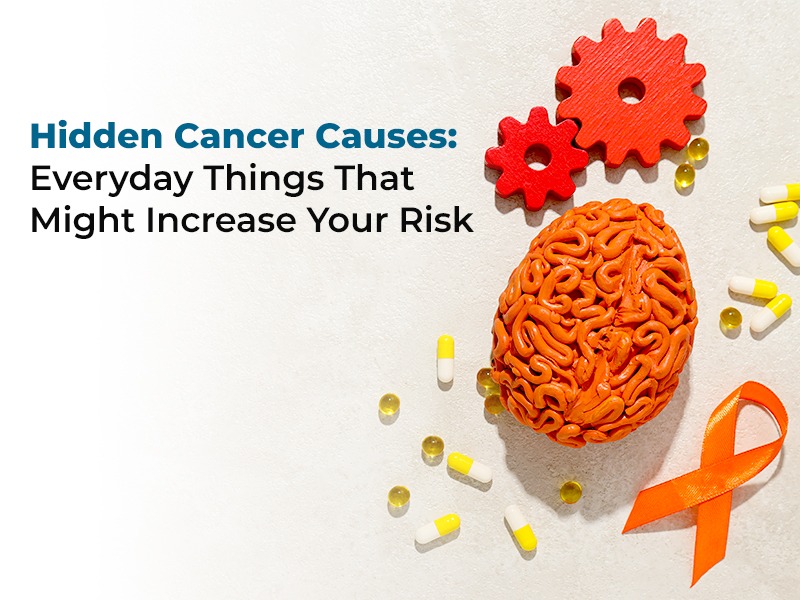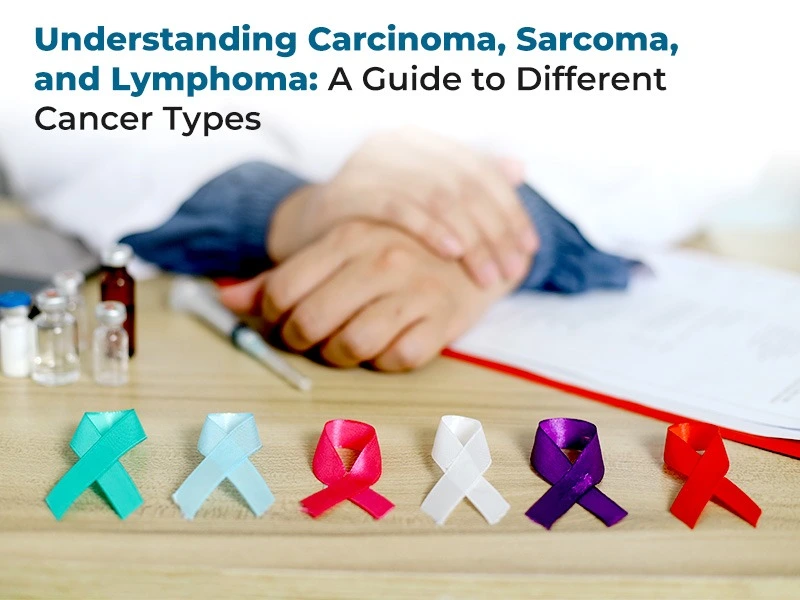Bone Cancer is one of the rarer forms of cancer and also less deadly as most bone tumors are benign; i.e., they aren’t cancerous. They can still weaken bones and damage them but they won’t spread.
The cancerous bone tumors however are of two types; primary, meaning cancer that starts in bone cells, and secondary which spreads from other organs such as lungs to adjoining bones.
Osteosarcoma, also called osteogenic sarcoma, is a kind of primary bone cancer. It is a type of bone cancer that begins in the cells that form bones. Osteosarcoma often happens at the ends of long bones, where bone grows fastest; more commonly the legs, but sometimes the arms as well. It often starts at the knee or in the shoulders. Although it can start in any bone like the pelvis or skull. In very rare instances, it occurs in soft tissue outside the bone.
There is no age-related risk but Osteosarcoma is more common in young adults than older people.
Symptoms of Osteosarcoma
The warning signs for Osteosarcoma include:-
- Swelling or lumps around bones or the ends of bones
- Bone or joint pain or soreness. This pain may come and go for months.
- Broken bones without a clear reason
- Chronic Pain in joints especially after exercise
Some limb pain or injury is common in teenagers or young adults for a variety of reasons. One should not panic and get a proper diagnosis done under the care of expert professionals.
If you are looking for an expert Cancer Specialist in Gurgaon then you must visit Park Hospital. Park Hospital in Gurgaon boasts of the best cancer care facilities and a team of world-renowned experts.
Types of Osteosarcoma
Broadly, Osteosarcoma is divided into three types according to the type of cell growth.
- High-grade Osteosarcoma- Commonly found in teenagers and children it is the fastest-growing subtype with unusual cell growth.
- Low-grade Osteosarcoma- This type grows slowly and growth usually looks like a bone.
- Intermediate grade Osteosarcoma- This is in between high- and low-grade tumors. It’s rare.
Causes, Risk Factors, and Diagnosis of Osteosarcoma
There is no clear-cut definition of what causes Osteosarcoma. All we know is that it starts with sudden inexplicable changes in the DNA of bone cells. As there is no clarity on the causes it is very hard to determine the risk factors as well.
But, some things that may make you more likely to get osteosarcoma, are:-
- Age-Teenagers who are having a growth spurt are most likely to get it
- Gender-Osteosarcoma happens more often in males.
- Height- Taller kids have a higher risk.
- Treatments like radiation therapy for other types of cancer or cancer medicines called an alkylating agent
- Health conditions tied to your genes, like Paget’s disease of the bone, Li-Fraumeni syndrome, Rothmund-Thomson syndrome, Bloom syndrome, Werner syndrome, etc.
The diagnosis is done via medical exam, imaging procedures like X-ray, CT scan, MRI, Bone scan PET scans, etc. The doctor may also perform a biopsy where they might take a cell sample from the affected area to observe it under a microscope to determine the severity of the spread.
Treatment of Osteosarcoma
Benign tumors are treated with medications. If they are likely to spread then they are taken out with surgery. In case of cancerous growth in bone cells, the following treatment options can be taken:-
- Limb salvage surgery- Only the part of the bone with cancer is removed but not nearby muscles, tendons, or other tissues. They put a metallic implant in place of the bone.
- Amputation- Only done when the osteosarcoma has spread to blood vessels and adjoining tissues. You may get a prosthetic limb afterward.
- Radiation therapy- This treatment kills cancer cells and shrinks tumors with strong X-rays. Doctors often use it along with surgery.
- Chemotherapy. Drug-based treatment is used to kill cancer cells. Your doctor might use it before surgery, after surgery, or for metastatic cancer.
- Targeted therapy- Drug-based treatment that targets certain genetic, protein, or other changes in or around cancer cells.
All types of bone cancers including Osteosarcoma can cause problems for other organs if they spread. If you are having any symptoms, be vigilant and contact an expert medical professional, a Cancer Specialist in Gurgaon from one of the best Hospitals in Gurgaon, Park Hospital

